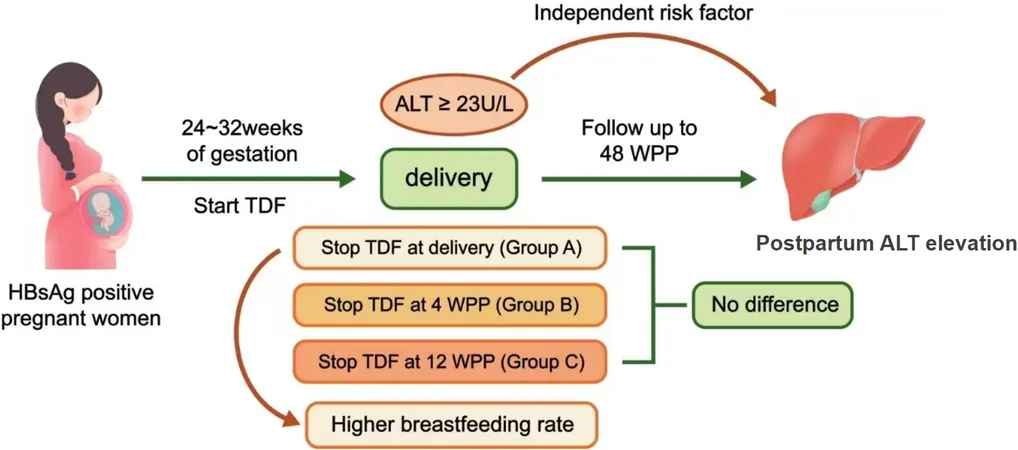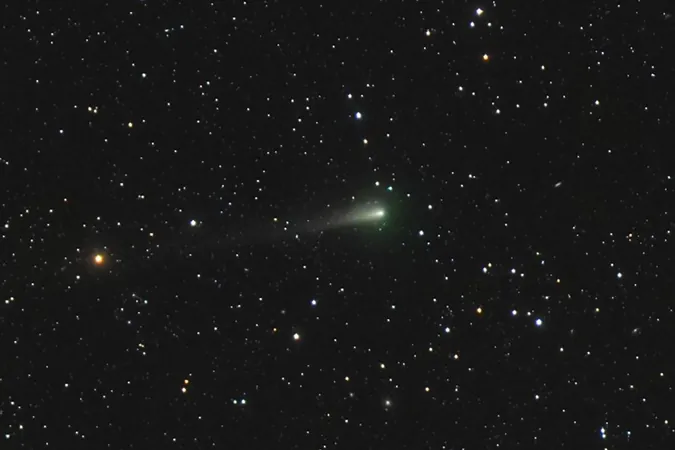
Shocking Discovery: Sharks' Teeth Are Dissolving Thanks to Ocean Acidification!
2025-08-30
Author: Nur
Sharks have been masters of the ocean for over 400 million years, outliving the first trees and even Saturn's rings. But now, these ancient predators face an alarming threat: the acidic waters caused by human-induced climate change.
As we emit unprecedented levels of carbon dioxide, the oceans absorb nearly a third of it, leading to a significant increase in acidity. This devastating change poses a grave risk to sharks, with new research indicating that their teeth may begin to dissolve. This could drastically affect their ability to hunt and defend themselves, making even their remarkable teeth regrowth capabilities insufficient.
Maximilian Baum, a biologist at Heinrich Heine University in Germany and lead author of a groundbreaking study published in "Frontiers in Marine Science," states, "Despite being made of highly mineralized phosphates, shark teeth are vulnerable to future ocean acidification. They are not built to withstand acidic conditions, showing just how precarious nature's sharpest tools can be."
Currently, the ocean's average pH level is around 8.1, but it's declined by about 0.1 units since the Industrial Revolution—translating to a staggering 30% increase in acidity. Worryingly, projections suggest it could plummet to as low as 7.3 by 2300 if emissions continue unchecked.
Research has already shown that current pH levels are harming denticles, the delicate scales covering sharks' skin. In light of this, Baum and his team embarked on a study to see if shark teeth—especially from species that continuously swim with their mouths open—are also affected.
Collecting shed teeth from blacktip reef sharks at a local aquarium, they subjected one batch to current ocean pH levels and the other to the projected acidic conditions. The results were alarming: the teeth exposed to acid displayed cracks, holes, and significant structural deterioration.
Co-author Sebastian Fraune remarked, "We observed visible damage, including increased corrosion and structural breakdown. Interestingly, the acid-exposed teeth appeared larger, not due to growth but because their surfaces were eroded and uneven."
This deterioration does not bode well for sharks. Many species utilize several rows of teeth simultaneously, and if they face cumulative damage, it could hinder their feeding efficiency, increasing energy demands dramatically.
However, experts caution that while this experiment provides vital insights, it may not mimic real-world conditions perfectly. Sharks in the wild experience different environmental factors, and the study relied on projections that might be extreme.
Baum emphasizes the importance of this research, stating, "Our focus on naturally shed teeth in an area with minimal existing data is crucial for establishing a baseline understanding of potential vulnerabilities faced by shark teeth."
As we witness the devastating impacts of climate change, understanding how ocean acidification affects these apex predators is more crucial than ever.



 Brasil (PT)
Brasil (PT)
 Canada (EN)
Canada (EN)
 Chile (ES)
Chile (ES)
 Česko (CS)
Česko (CS)
 대한민국 (KO)
대한민국 (KO)
 España (ES)
España (ES)
 France (FR)
France (FR)
 Hong Kong (EN)
Hong Kong (EN)
 Italia (IT)
Italia (IT)
 日本 (JA)
日本 (JA)
 Magyarország (HU)
Magyarország (HU)
 Norge (NO)
Norge (NO)
 Polska (PL)
Polska (PL)
 Schweiz (DE)
Schweiz (DE)
 Singapore (EN)
Singapore (EN)
 Sverige (SV)
Sverige (SV)
 Suomi (FI)
Suomi (FI)
 Türkiye (TR)
Türkiye (TR)
 الإمارات العربية المتحدة (AR)
الإمارات العربية المتحدة (AR)